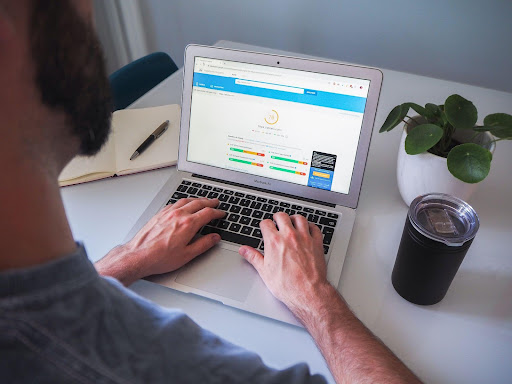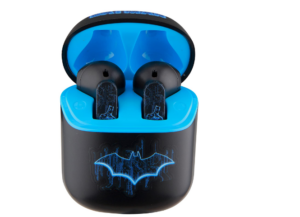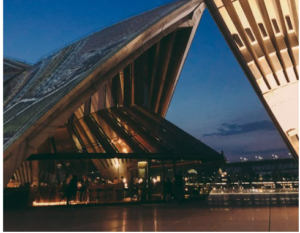Does Website Page Speed Improve Conversion and Sales?

If you keep an eye on SEO tips, you’ll see that website page speed is always under the microscope. People say that improving your page speed will lead to all sorts of great results, but will it generate improved sales and conversions?
What is Website Page Speed?
As the name suggests, this is essentially the speed at which the pages on your website load. Ultimately, this is determined by the file size of the page, the server, image compression, and various other factors. As well as checking the page speed of your website manually, you can also check several metrics and tools to consider how your page speed compares with that of the competition.
Relationship Between Page Speed and Conversions/Sales
If you improve this area, pages load quicker for visitors and then they have a better experience. But the big question is whether this encourages more sales and conversions. In short, the answer to this question is yes.
Here are just some statistics from studies that tell the story:
- Every additional second between zero and five drops conversion rates by nearly 4.5%
- Conversion rates are most heavily impacted by the first five seconds of load time
- Around seven in every ten consumers list page speed as important to their online buying habits
- Around half of all consumers prefer faster loading times to advanced videos and graphics
- Bounce rate increases by 123% as loading speeds go from one to ten seconds
- Bounce rate increases by 32% as loading speeds go from one to three seconds
- Conversion rates are typically highest when pages load in under two seconds
As all these statistics suggest, good page loading speed leads to more conversions while poor page loading speed causes fewer conversions. You can see that the evidence is measurable rather than just anecdotal, and this should make you want to spend more time on your page loading speed this year.
Why do conversions and sales improve? Before going into the answer, notice that conversions and sales have been kept separate throughout this answer. Just because you’re pushing for conversions doesn’t mean that you want sales – this is a common misconception. While sales are a type of conversion, you might also desire newsletter sign-ups, clicks, or another goal.
Returning to the answer, the first reason conversions improve is that visitors are more likely to stick around. The longer pages take to load, the more likely people are to click away and find another website. Therefore, you could lose a percentage of website clicks just because of this one factor. With good page loading speed, your website performs better, and you can generate more sales with the same amount of traffic.
If more people stay and have a positive experience, this also tells the search engines that your website has something valuable to offer. Your bounce rates reduce, conversion rates increase, and your links climb the organic rankings. As you can see, the benefit is twofold:
- Customers enjoy a better experience and are less likely to click away
- Google notices the improved performance and puts your links higher in the search rankings
Summary
While page loading speed is important, don’t think that it’s a magical solution to all your problems. As well as page loading speed, conversion rates are also affected by page layout, design, personalisation, images, text, and many other factors. Consequently, it’s best to optimize all these different factors to improve the customer experience and your search engine ranking. Good luck!









